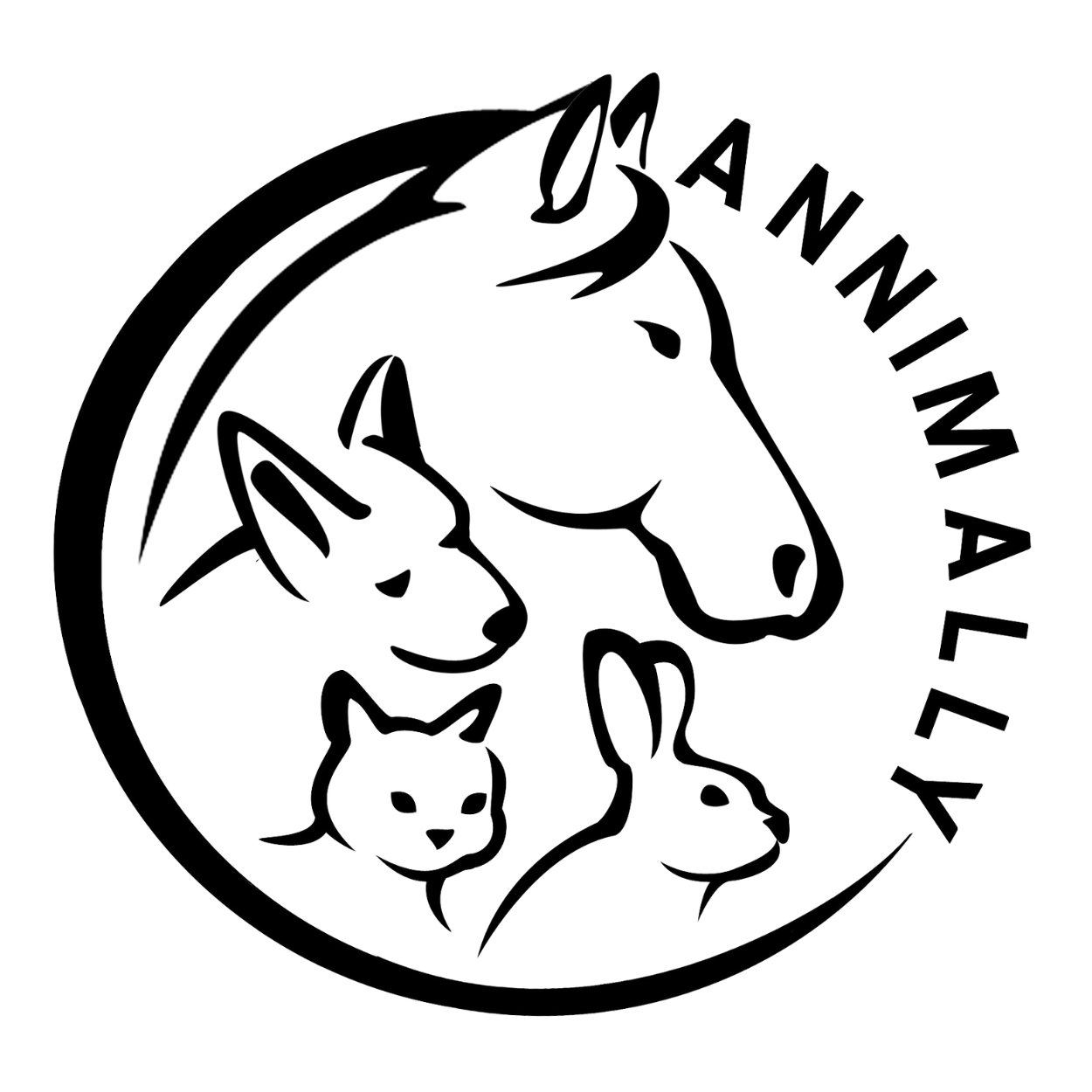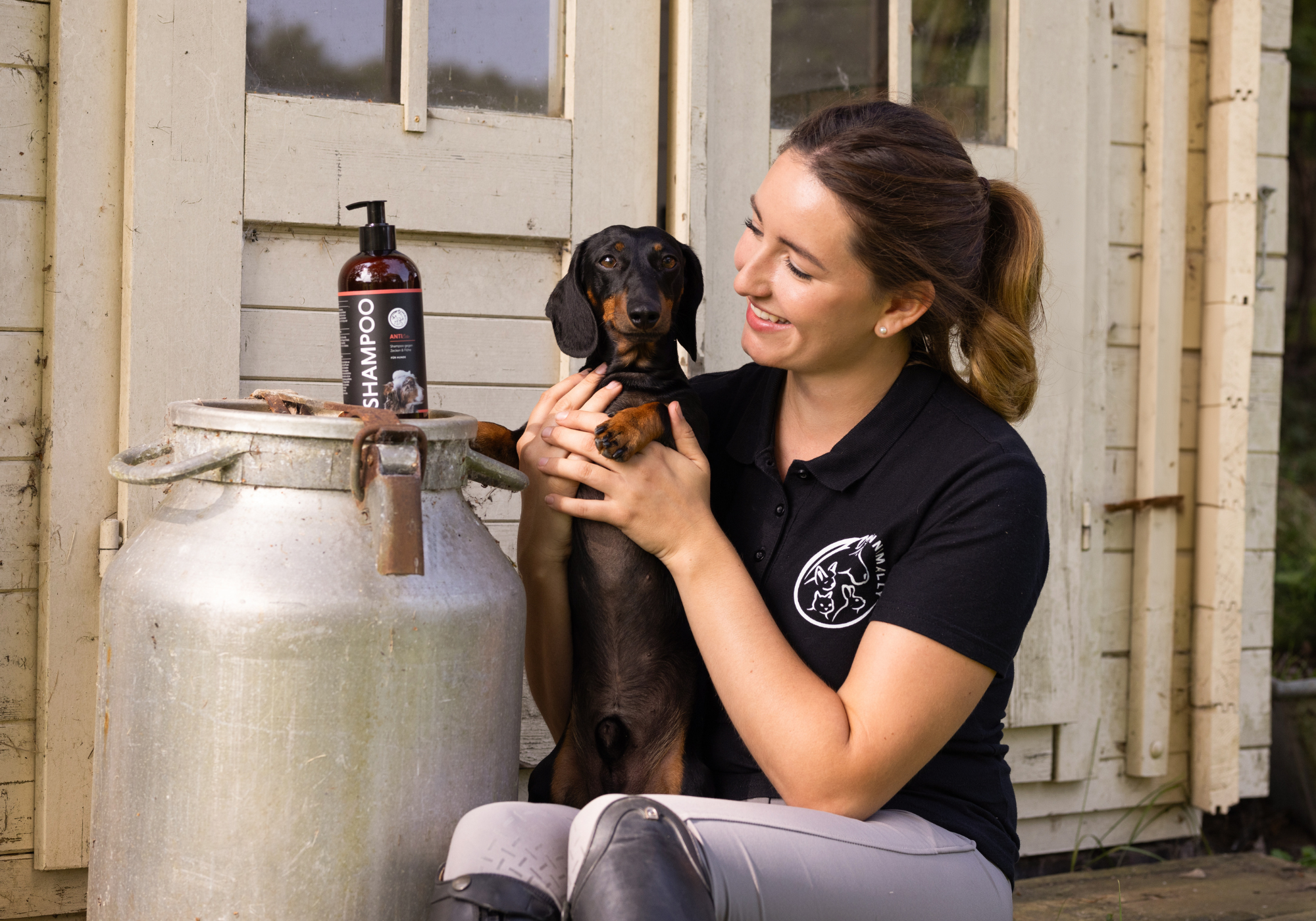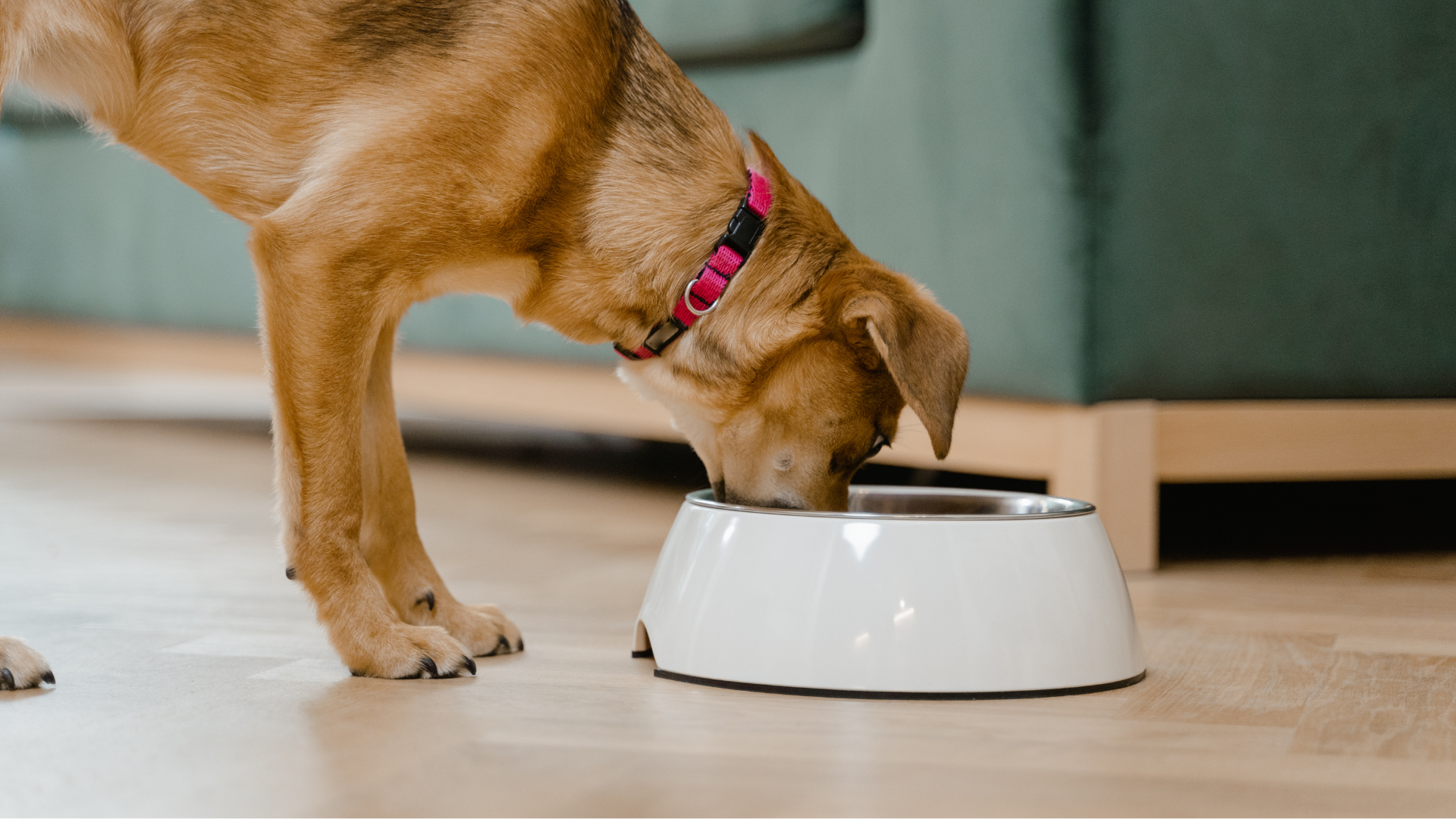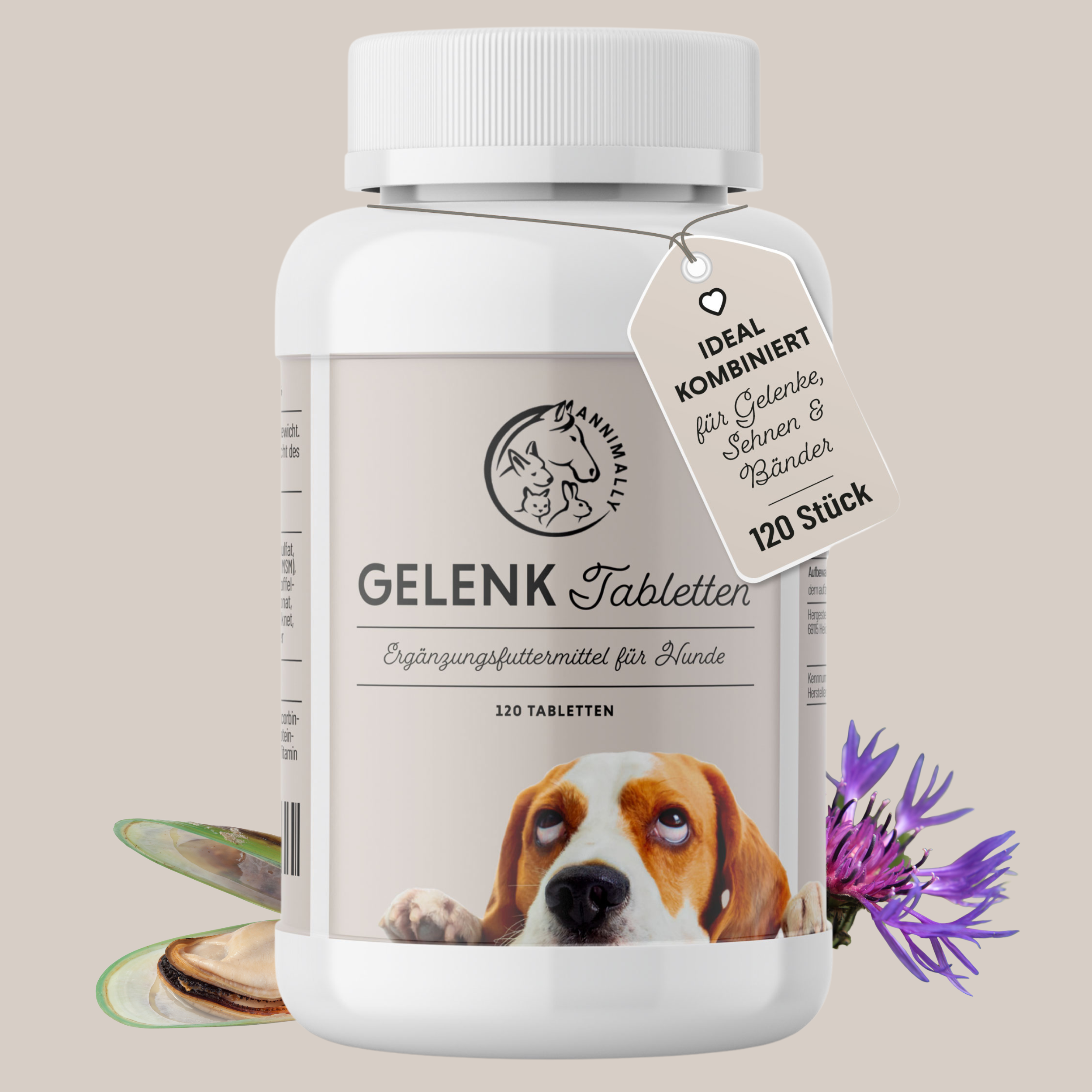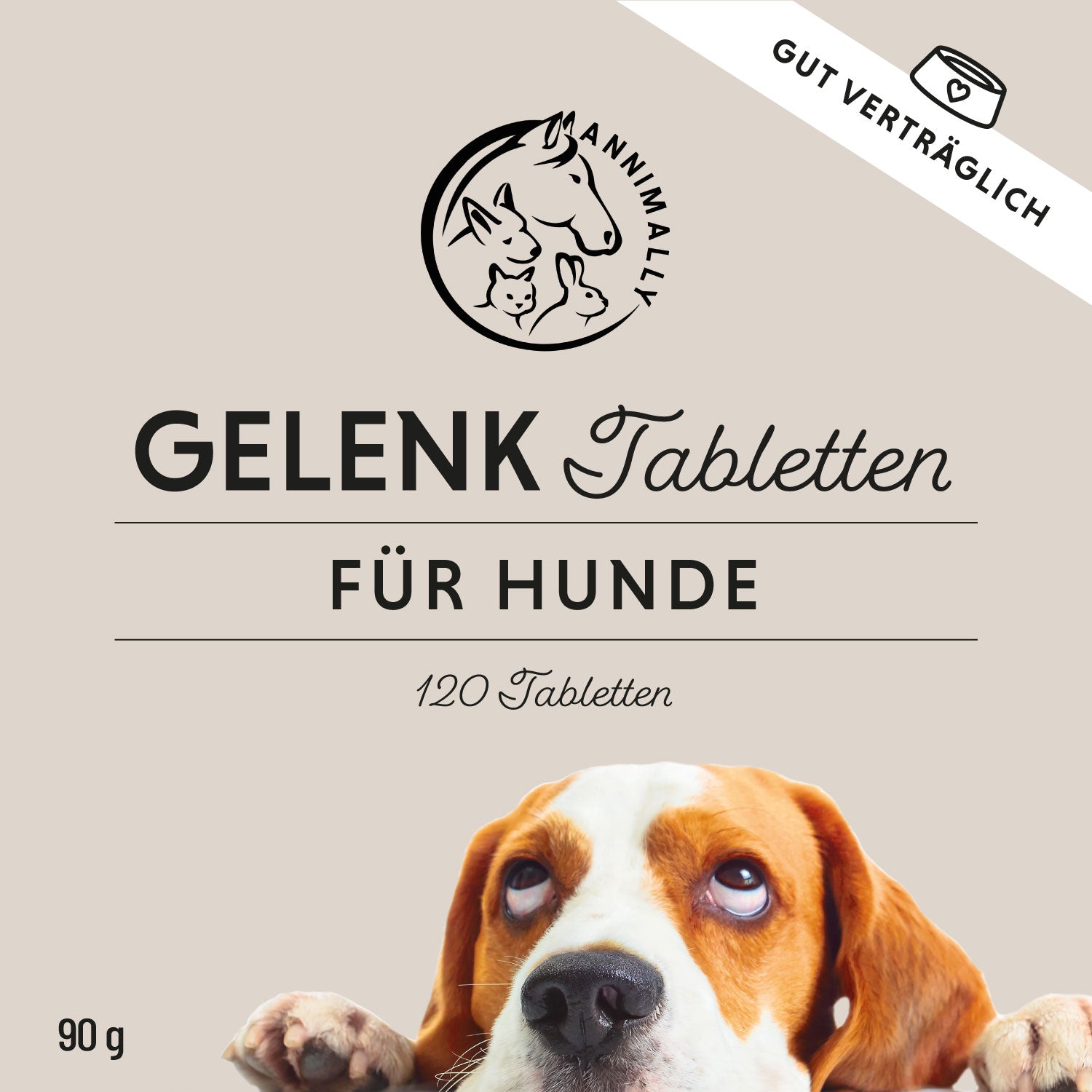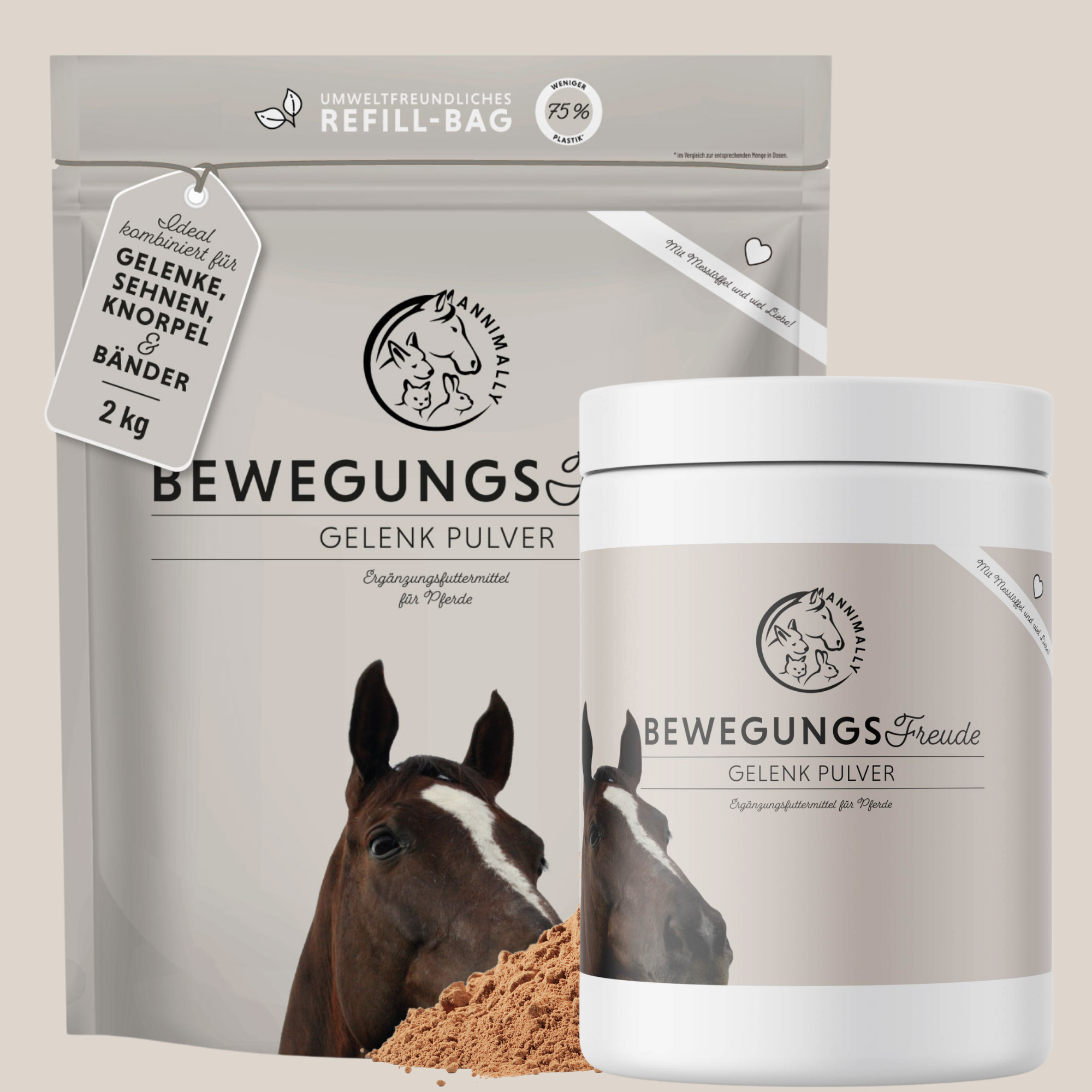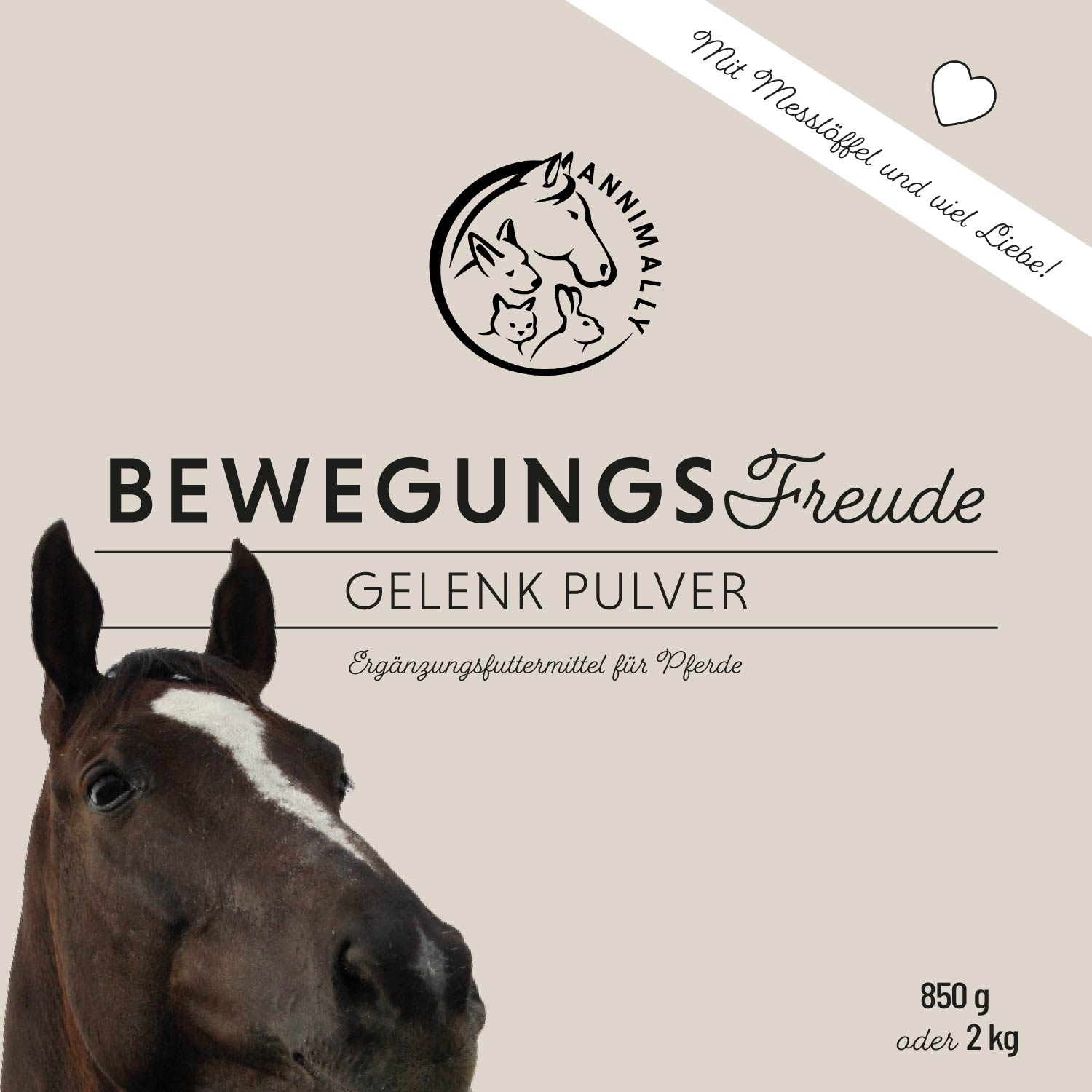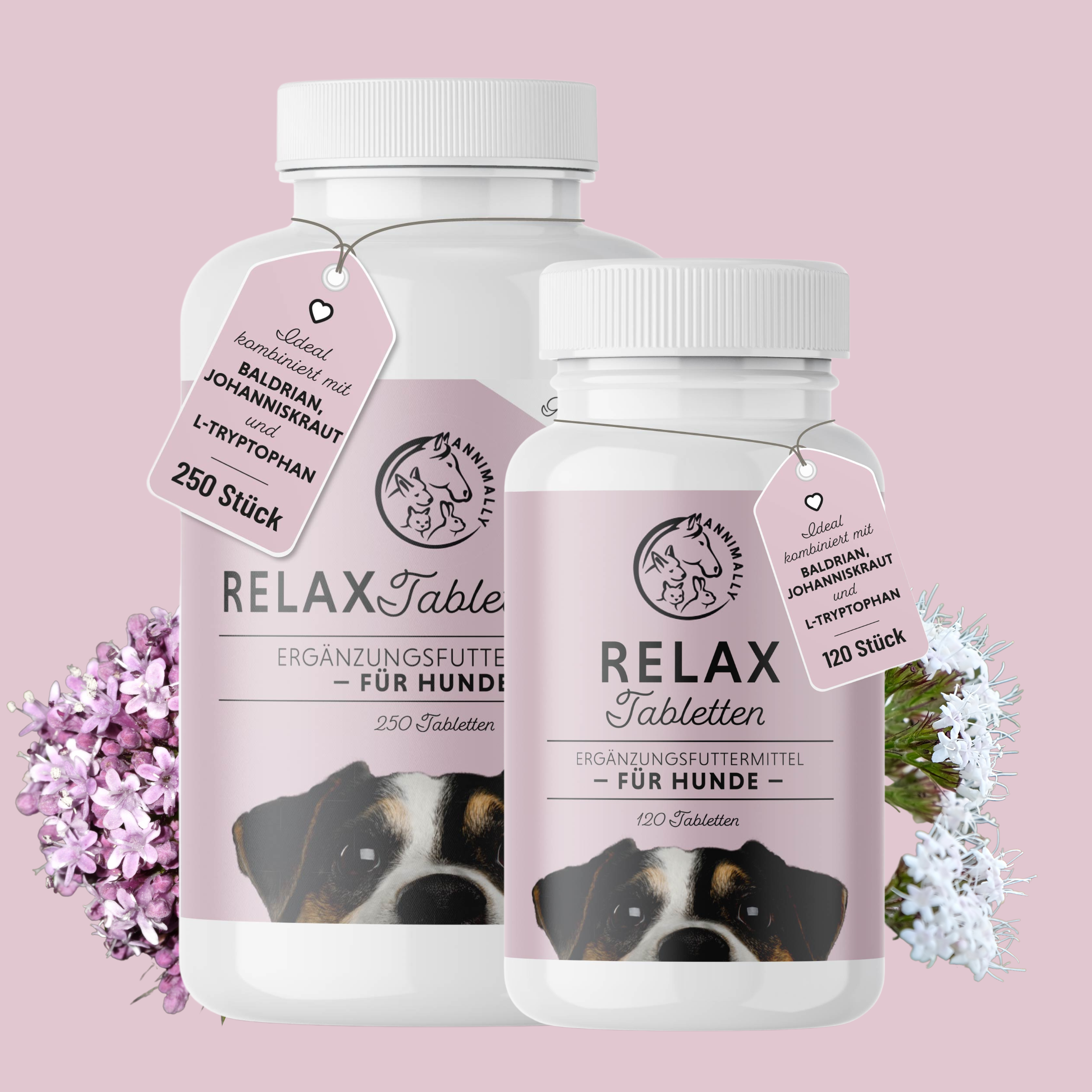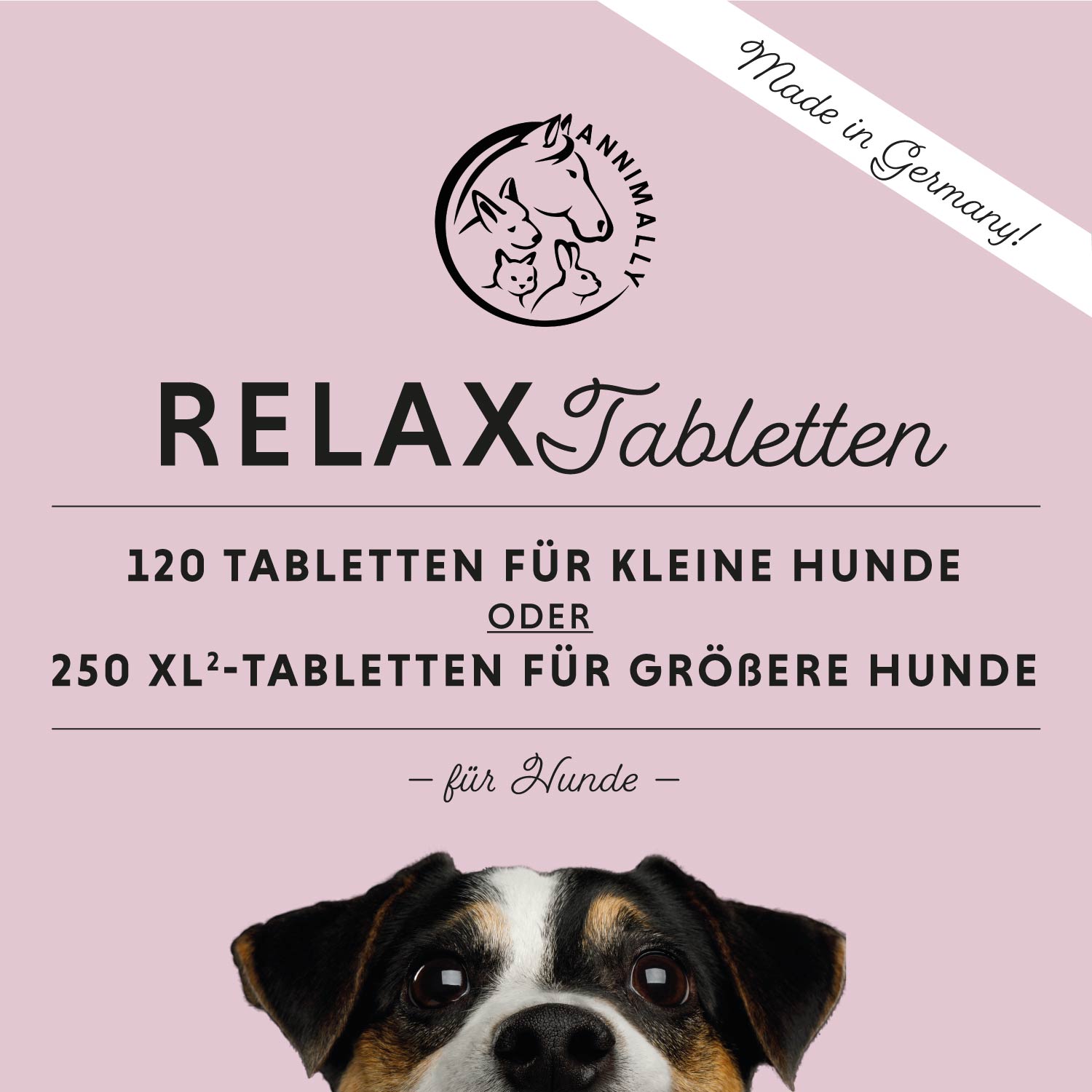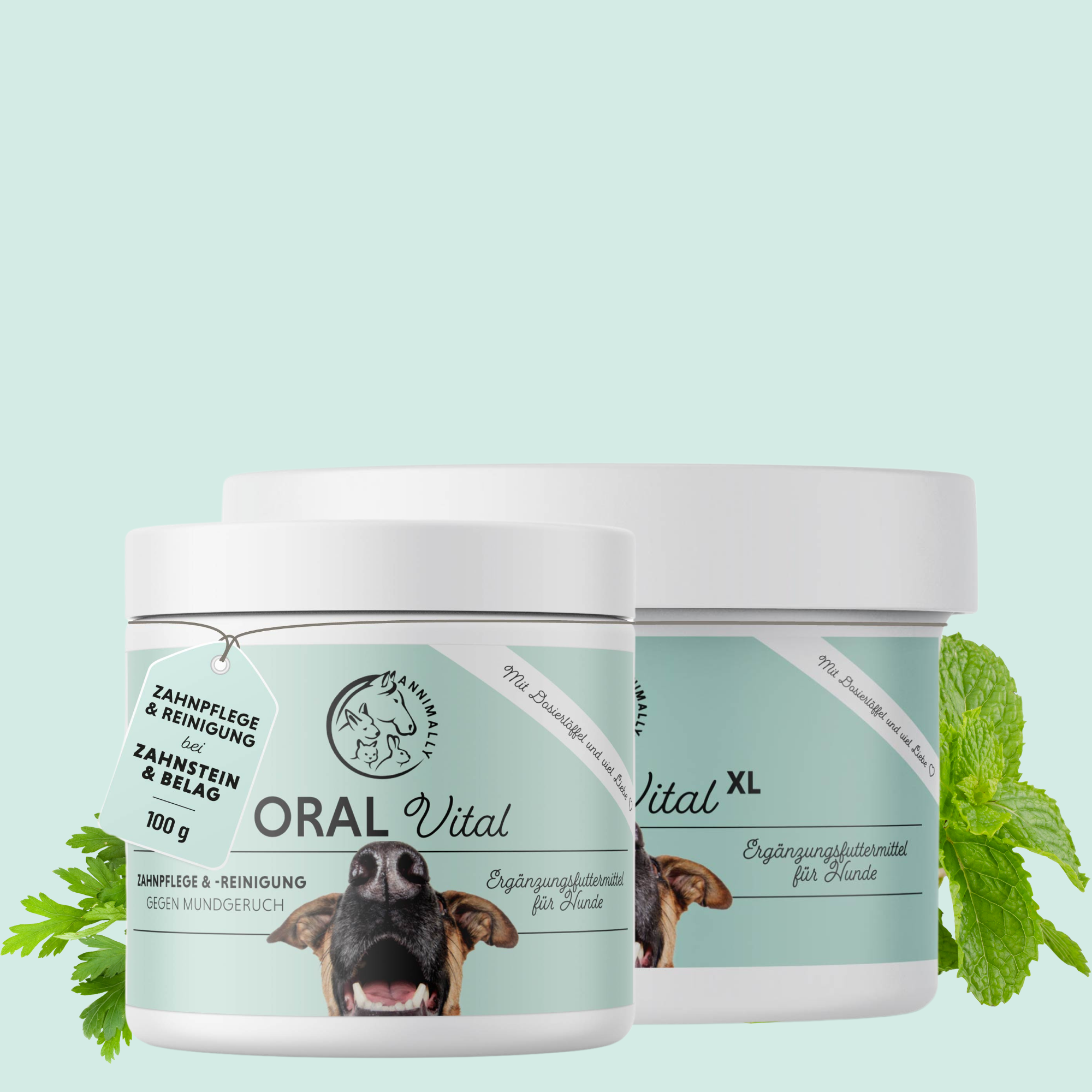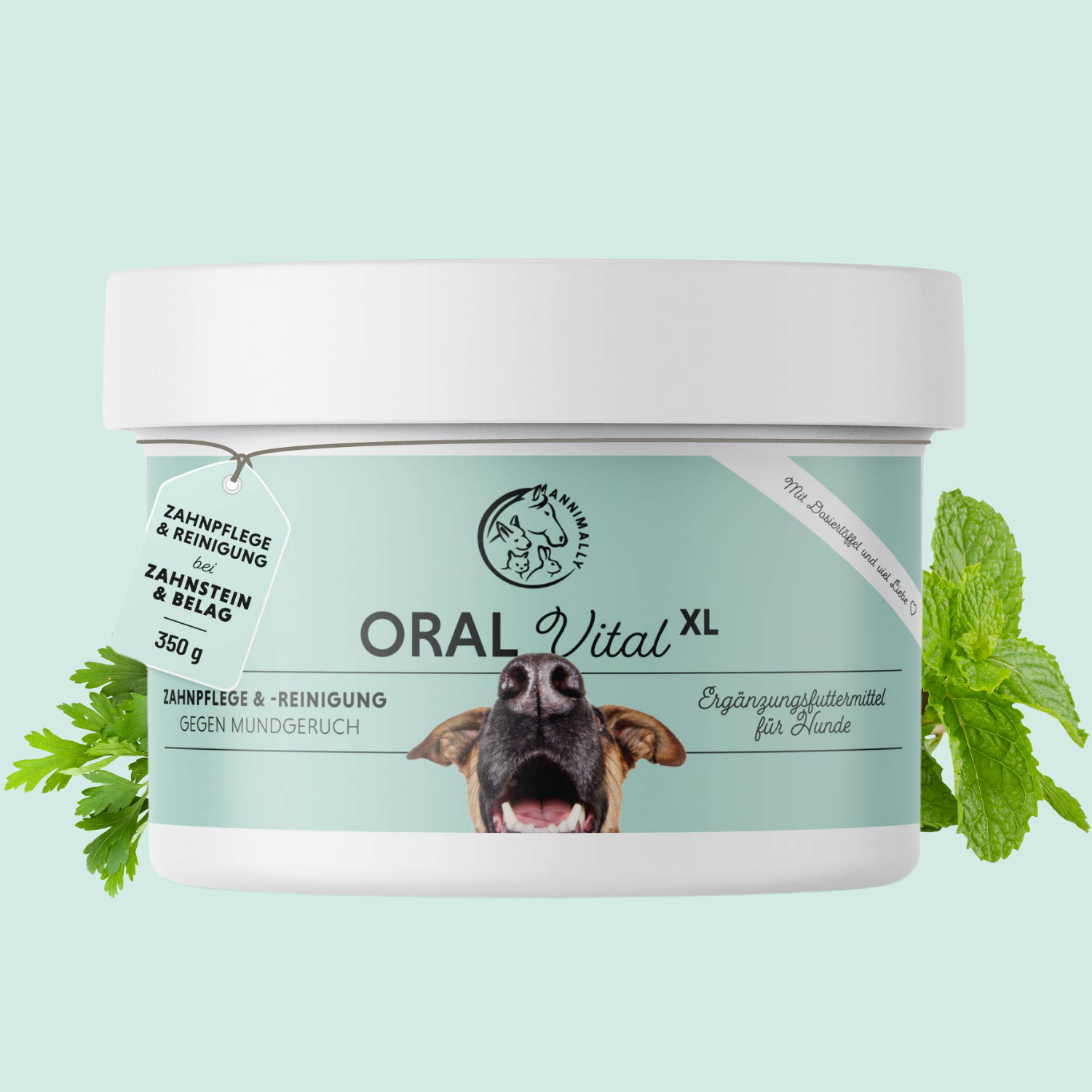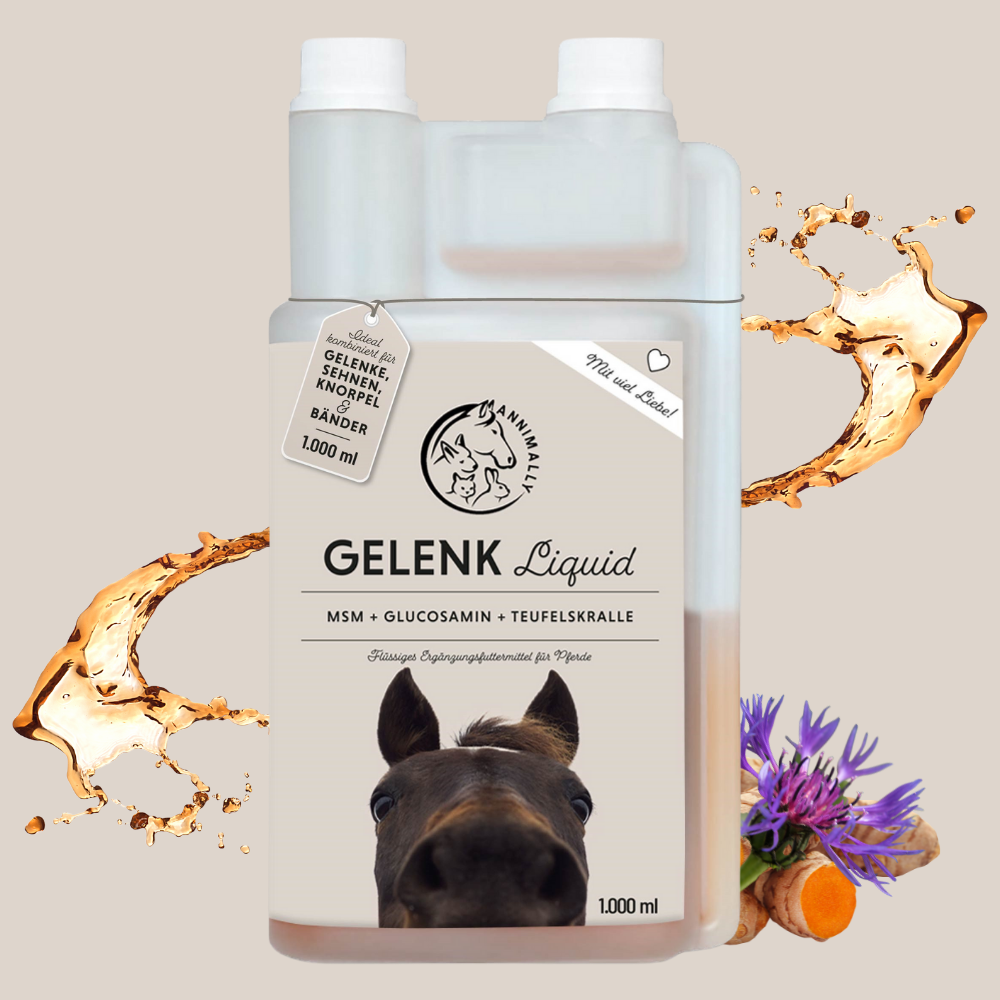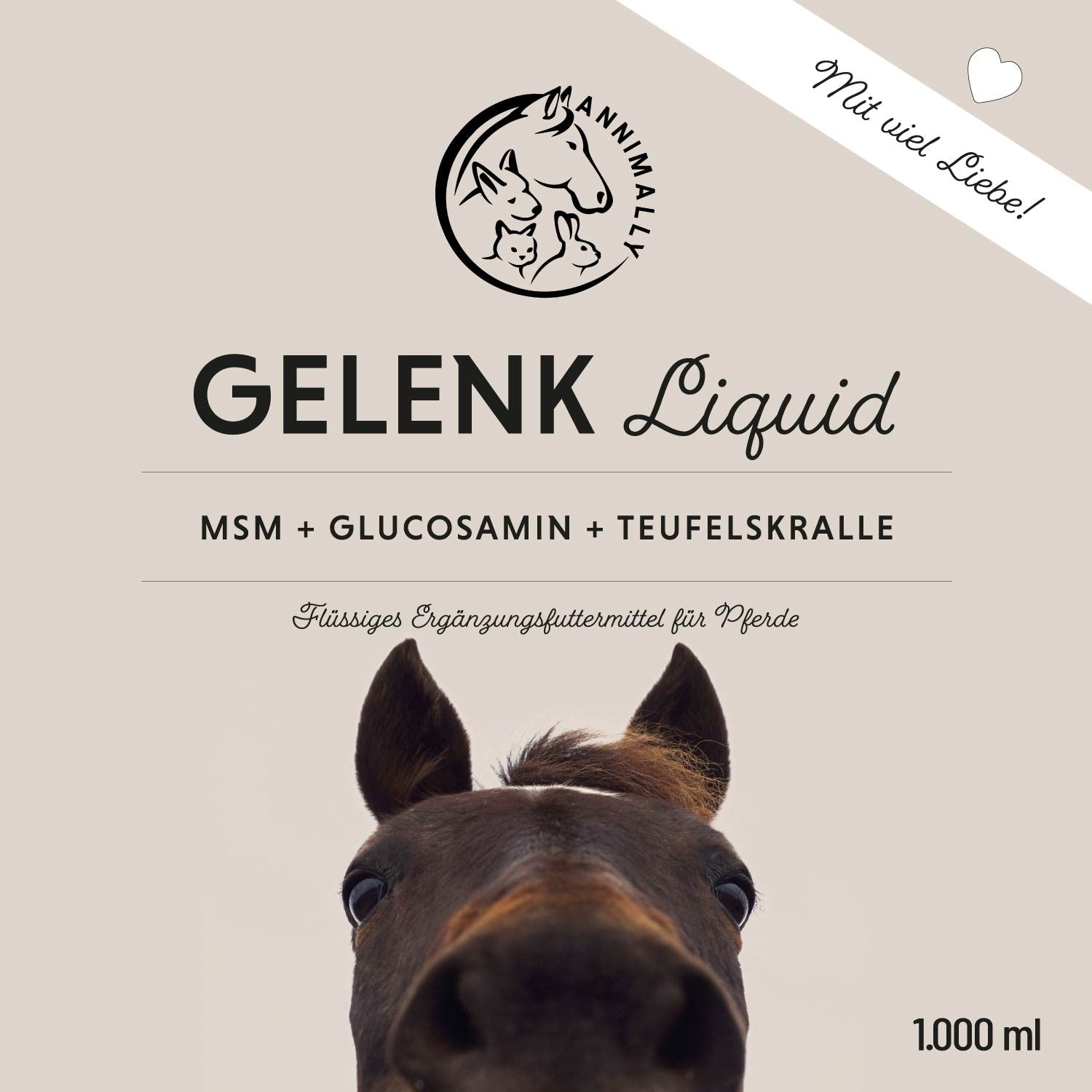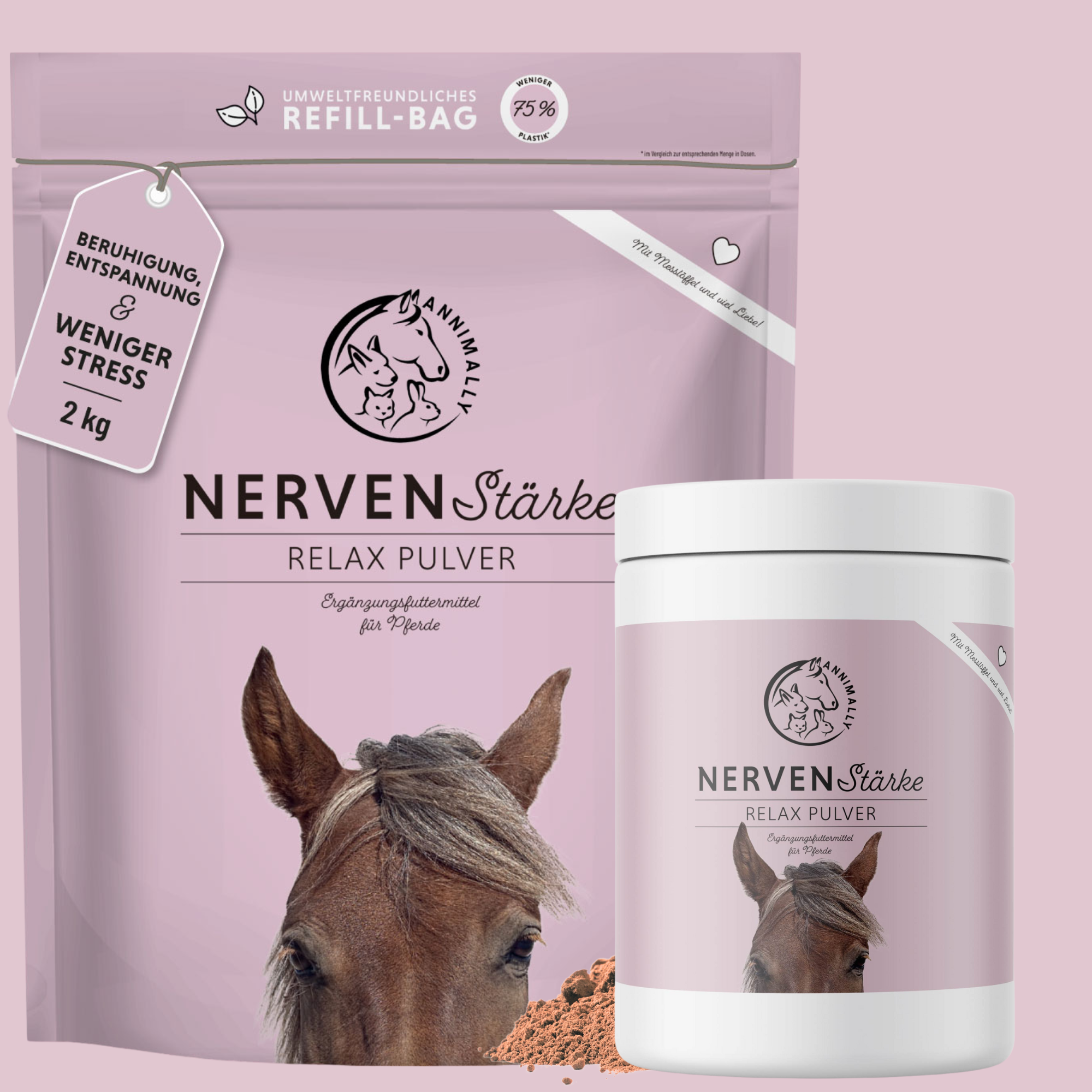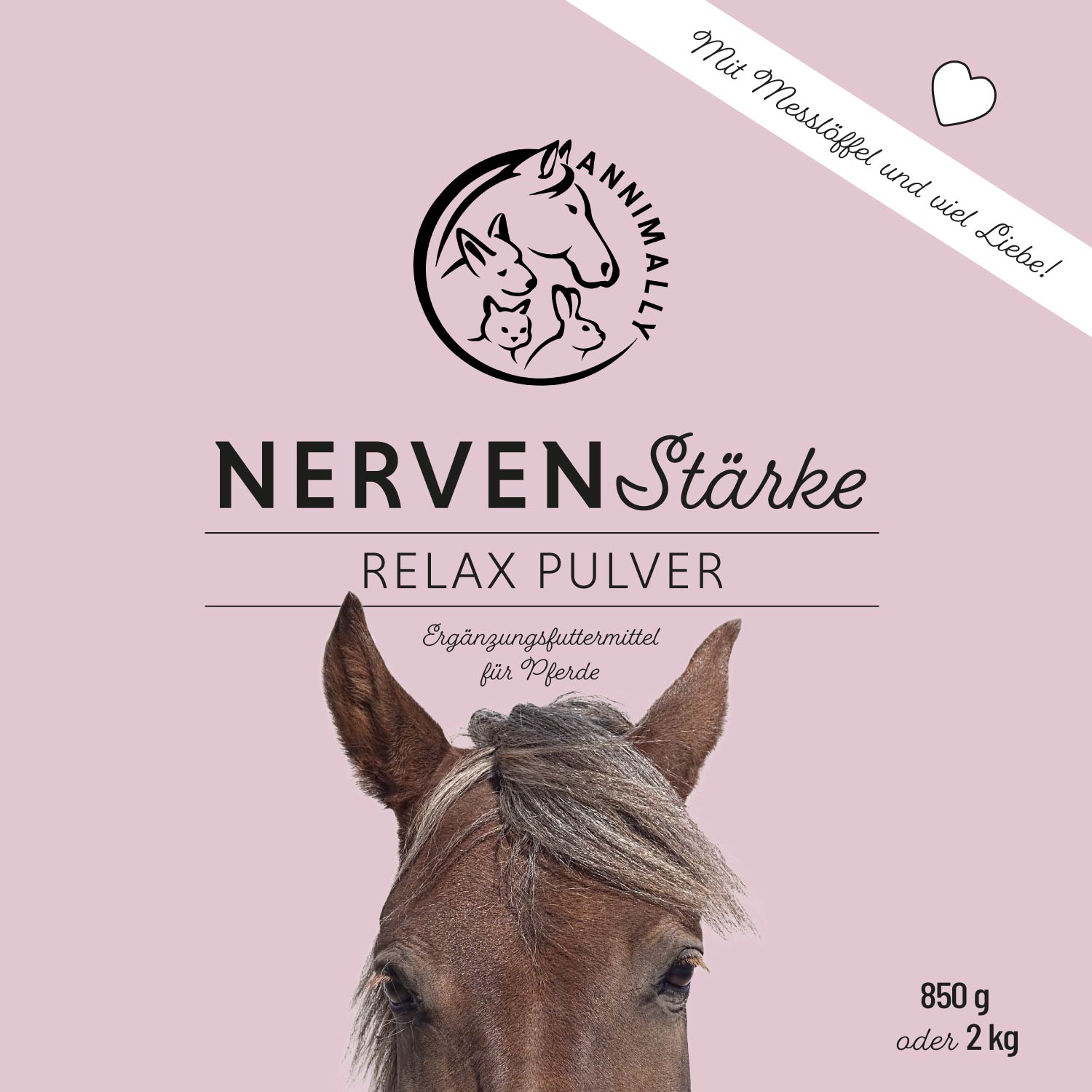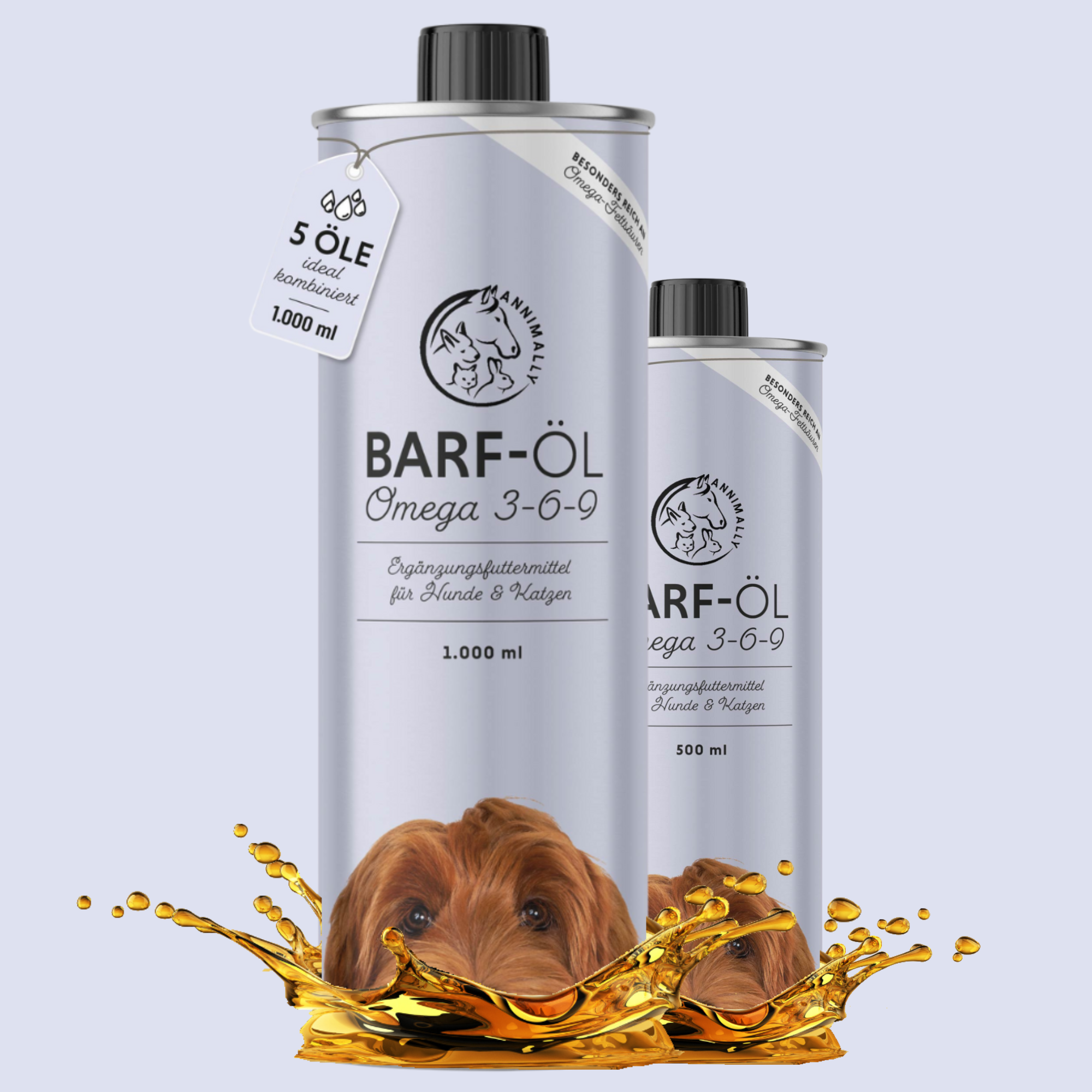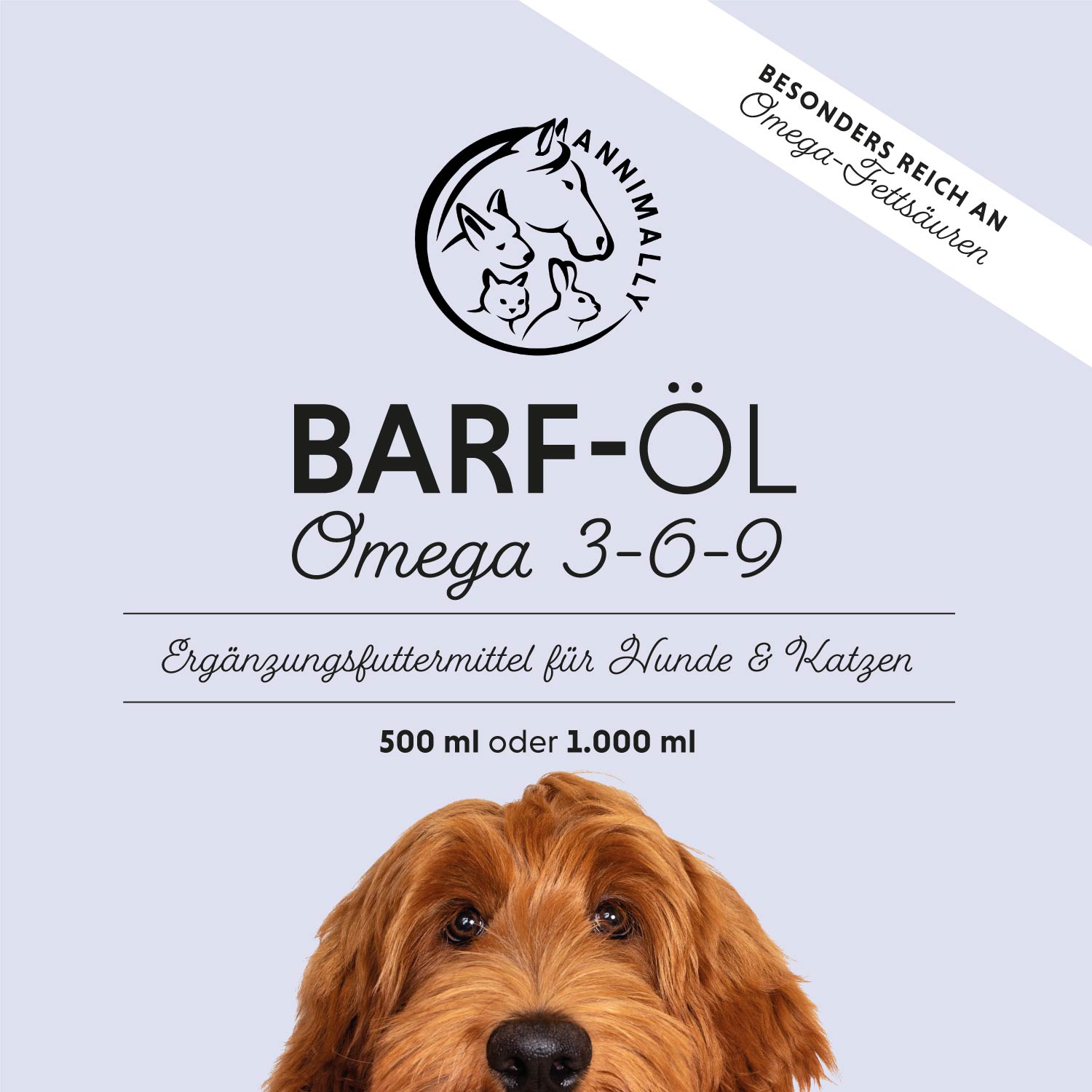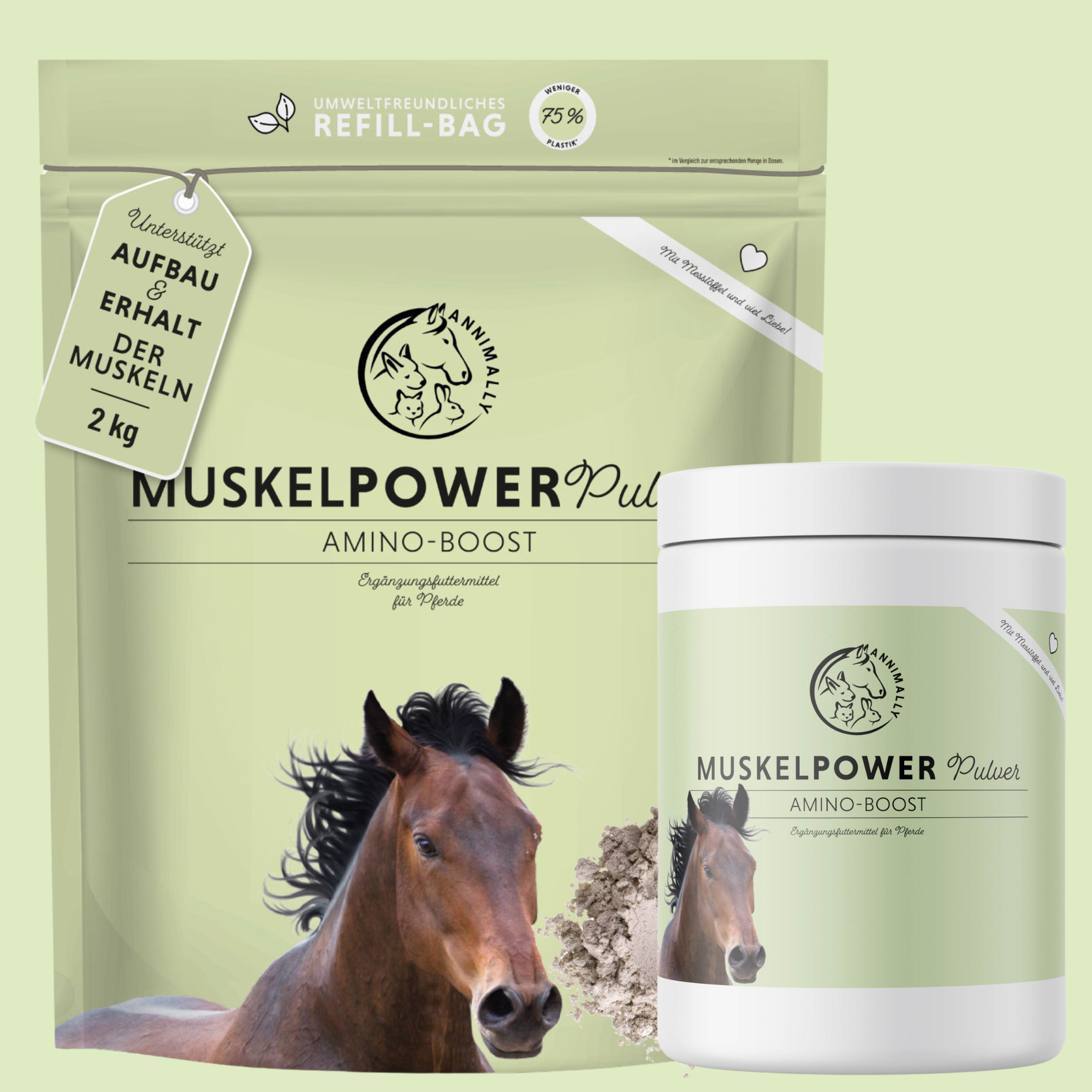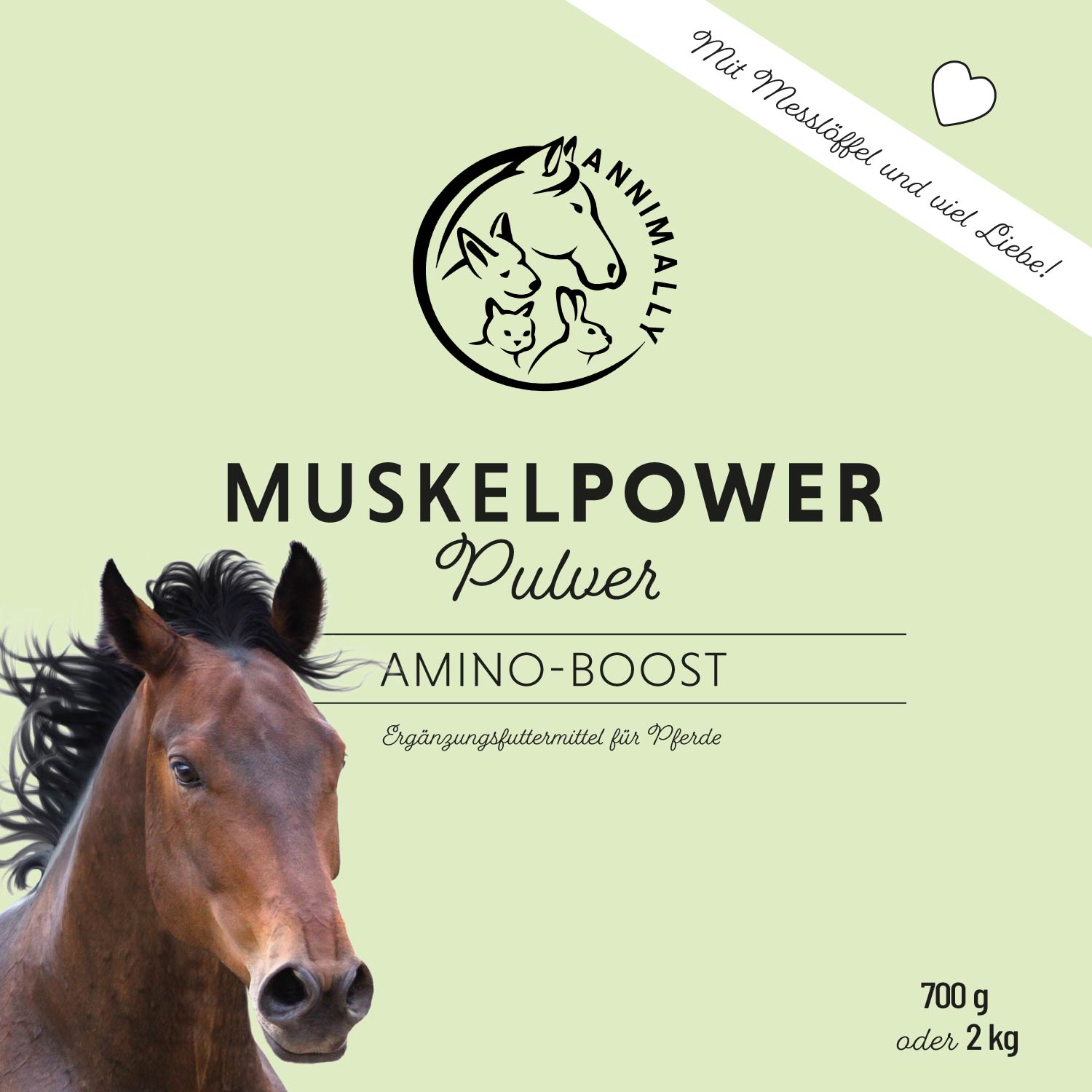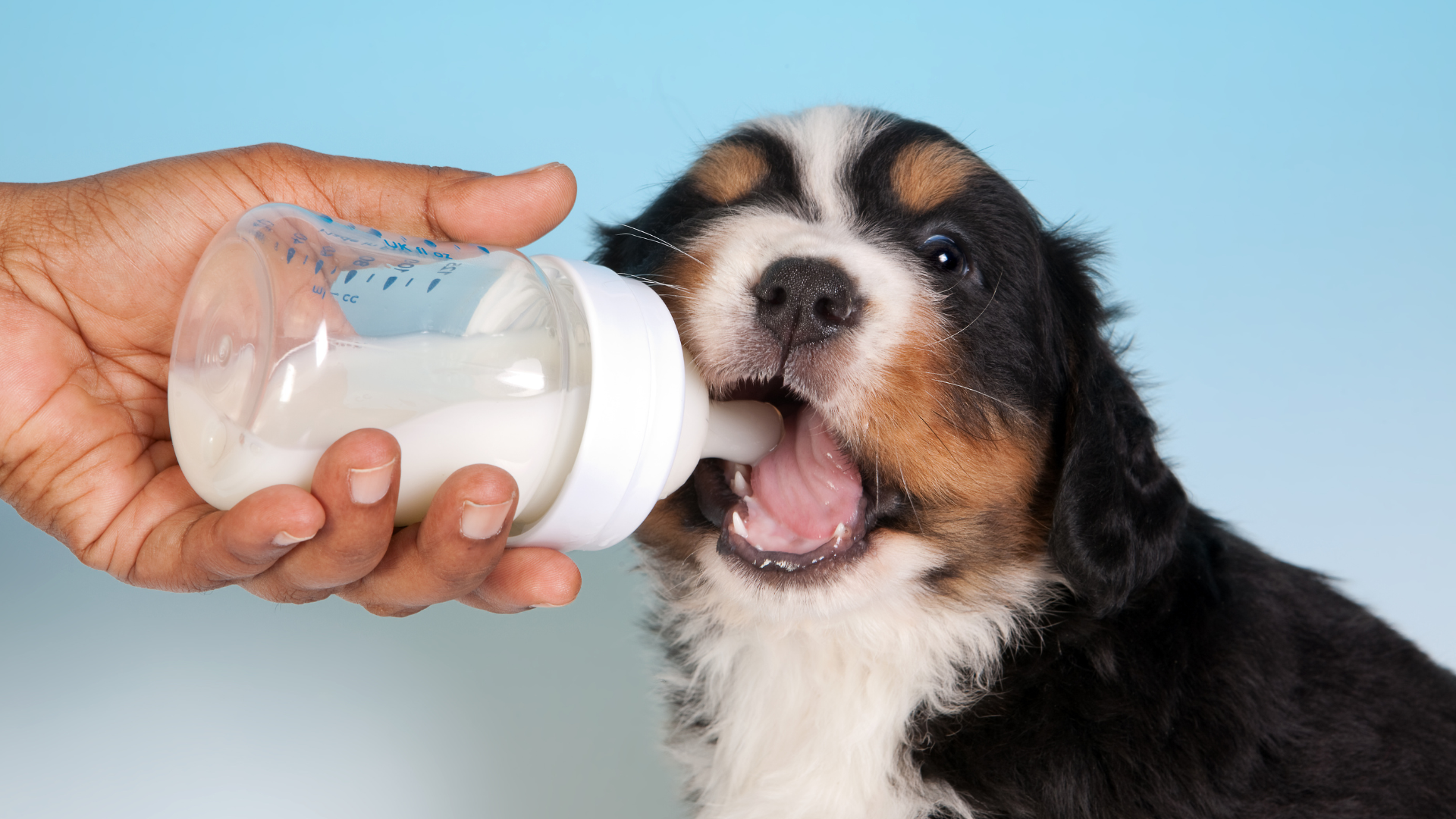
Can dogs drink milk? A detailed guide with side effects, dairy products and alternatives
As a responsible dog owner, you want to offer your four-legged friend only the best. Nutrition plays a central role in this, and a common question that concerns many dog owners is:
Can dogs drink milk?
Milk and dairy products have a permanent place in our daily diet. We often think that these foods are also safe for our pets. But the reality is somewhat different: dogs have different digestive systems than humans, and not every dog reacts the same to dairy products.
In this comprehensive guide, we'll explore the various aspects of milk consumption in dogs. We'll explain the effects of milk consumption on your dog's diet, what side effects may occur, and in which cases dogs might benefit from dairy products.
We'll also introduce the best milk alternatives that can be a healthy and safe addition to your dog's diet. Let's find out together whether milk is really good for your dog and what alternatives there are to promote the health and well-being of your faithful companion.
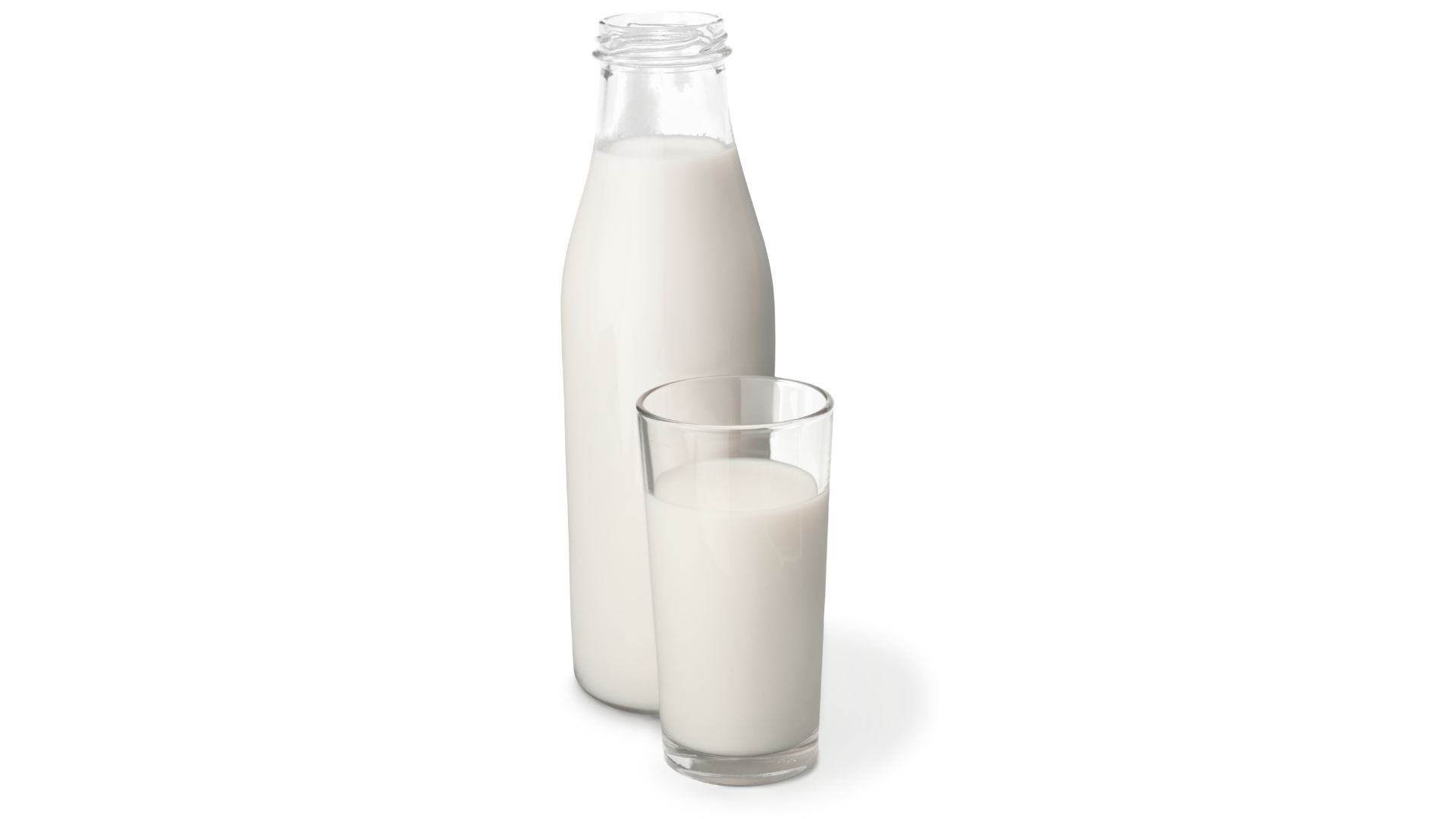
Can dogs digest milk?
Dogs are often lactose intolerant, meaning they cannot properly digest milk sugar (lactose). This is due to a deficiency of the enzyme lactase, which is needed to break down lactose in the intestines. Many adult dogs have only a small amount of this enzyme, so consuming milk and other dairy products can lead to digestive problems. Typical side effects include bloating, diarrhea, abdominal pain, and even vomiting.
Side effects of milk consumption in dogs
If your dog is sensitive to dairy products, this often manifests itself in gastrointestinal discomfort. Bloating, diarrhea, or even vomiting are typical side effects of lactose intolerance. These symptoms often occur shortly after consumption. If you notice such symptoms in your dog, it is advisable to stop milk consumption immediately and switch to suitable milk alternatives instead.
Important: Even though some dogs tolerate milk well, you shouldn't feed it regularly, as excessive consumption can lead to nutritional imbalances. The high fat and sugar content, in particular, can cause long-term health problems such as obesity or pancreatitis.
Dairy products in dog nutrition
Not all dairy products are the same. Some, like yogurt or cheese, contain less lactose than fresh milk and may therefore be easier for dogs to digest. However, you should always make sure these products are unsweetened and free of artificial additives. Small amounts of natural yogurt can even be beneficial for your dog's gut flora, as they contain probiotic bacteria that promote digestion.
Caution : Not all cheese is suitable for dogs. Avoid particularly high-fat varieties and those that are heavily spiced or smoked. However, an occasional snack of mild cheese, such as cottage cheese, can be given in moderation.
Lactose-free milk and dog milk
If you still want to give your dog milk from time to time, there are some milk alternatives that are well tolerated.
Lactose-free milk contains no lactose and can be enjoyed by dogs without digestive problems. There is even milk specially developed for dogs that is adapted to their digestive system and nutritional needs. This dog milk is lactose-free and rich in important nutrients that are healthy for the dog.
How much milk is too much?
Even if your dog isn't lactose intolerant, you should only feed milk in small amounts. Too much milk can lead to an imbalance in your dog's diet. The high fat content, especially in whole milk, can contribute to weight gain and put a strain on the gastrointestinal tract. If you want to ensure your dog gets the necessary amount of calcium , it's better to provide him with the necessary nutrients through his regular dog food.
Puppies and milk: Do they need cow's milk?
There are many misconceptions, especially regarding puppies. It's often assumed that puppies can drink cow's milk because they are still young and need milk as their primary source of nutrition. However, this is only partially true.
Puppy milk specifically formulated for the needs of puppies is the right choice. Cow's milk, on the other hand, can cause digestive upset in puppies due to its composition. The protein composition and fat content differ significantly from a dog's mother's milk, which can lead to health problems.
Is milk good for bones?
It's often assumed that milk is good for bones because it contains calcium. However, most dogs get enough calcium from their regular diet. High-quality dog food usually contains all the necessary nutrients, so supplementing with dairy products is unnecessary. Too much calcium can even lead to health problems, especially in growing puppies.
What milk alternatives are there?
If you're looking for suitable milk alternatives for your dog, there are several options. In addition to the lactose-free milk and dog milk mentioned above, some plant-based milks, such as coconut milk or rice milk, are also well-tolerated. However, make sure these varieties are unsweetened and free of additives. Avoid almond milk or soy milk at all costs, as these can be problematic for dogs.
Water remains the most important drink
With all the discussion about dairy products and milk alternatives, you must not forget that water is the most important drink for your dog. It should always be available in sufficient quantities. Water helps regulate fluid balance and is essential for your dog's health. Therefore, milk should never be used as a substitute for water, but only offered occasionally as a treat.
Conclusion: Can dogs drink milk?
In summary, dogs can drink milk in moderation if they are not lactose intolerant. However, it is important to be aware of potential side effects and ensure your dog does not develop digestive problems. Dairy products such as yogurt or cheese can occasionally be a good addition to the diet, but should always be fed in small amounts and without additives.
The best milk alternatives are lactose-free products or special dog milk that takes your dog's nutritional needs into account.
If you're unsure whether milk or certain dairy products are suitable for your dog, it's always advisable to consult a veterinarian. This way, you can ensure your dog's diet is tailored to his individual needs.
